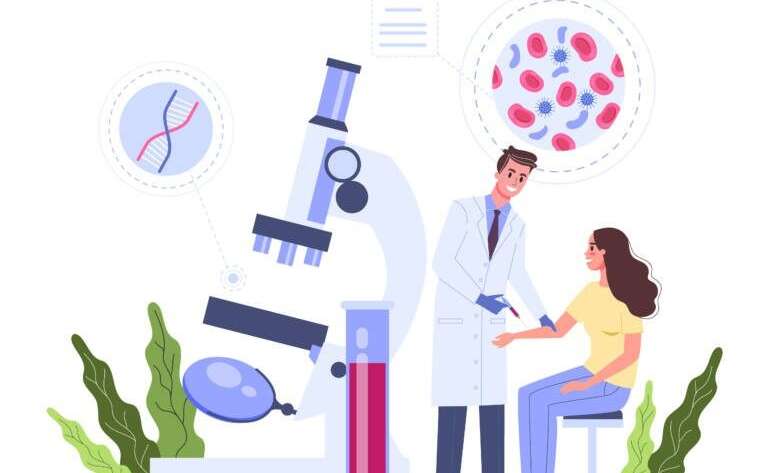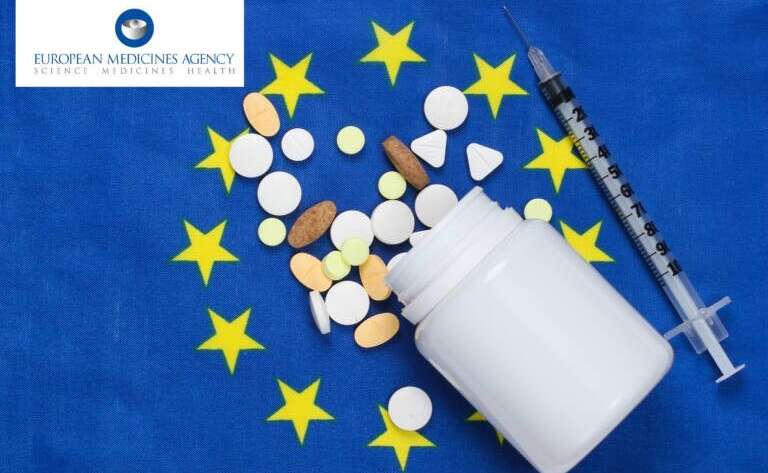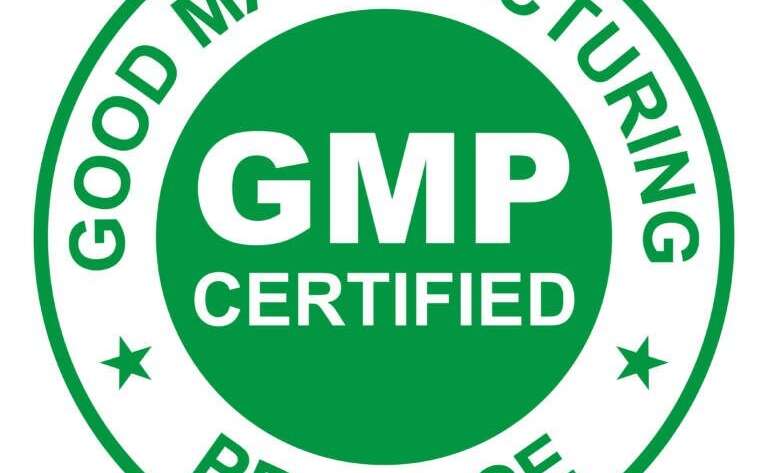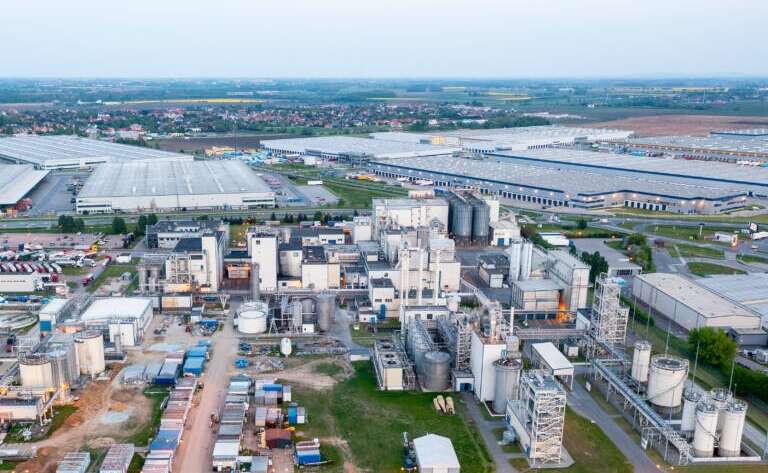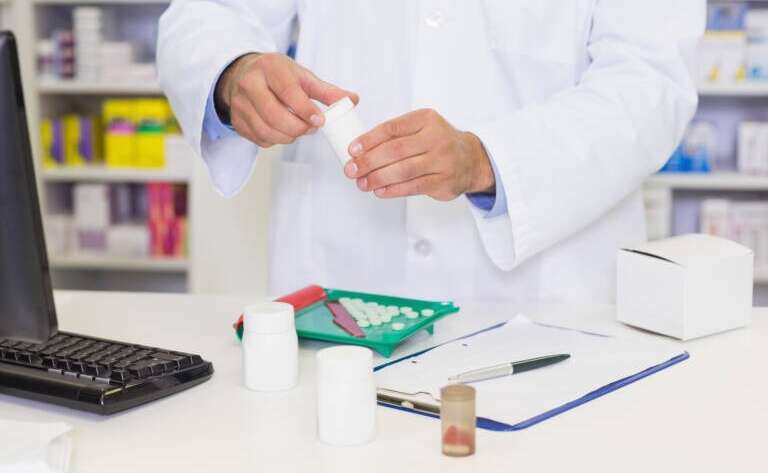The development of drugs is a long process, and it takes 12-15 years to complete the development for regulatory submission. Thereafter, the regulatory approval, licensing, price negotiations etc. take another 2-3 years. Thus, the availability of medicines in the marketplace and its access to the patients is a long wait. For certain health conditions and/…
